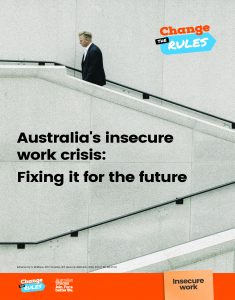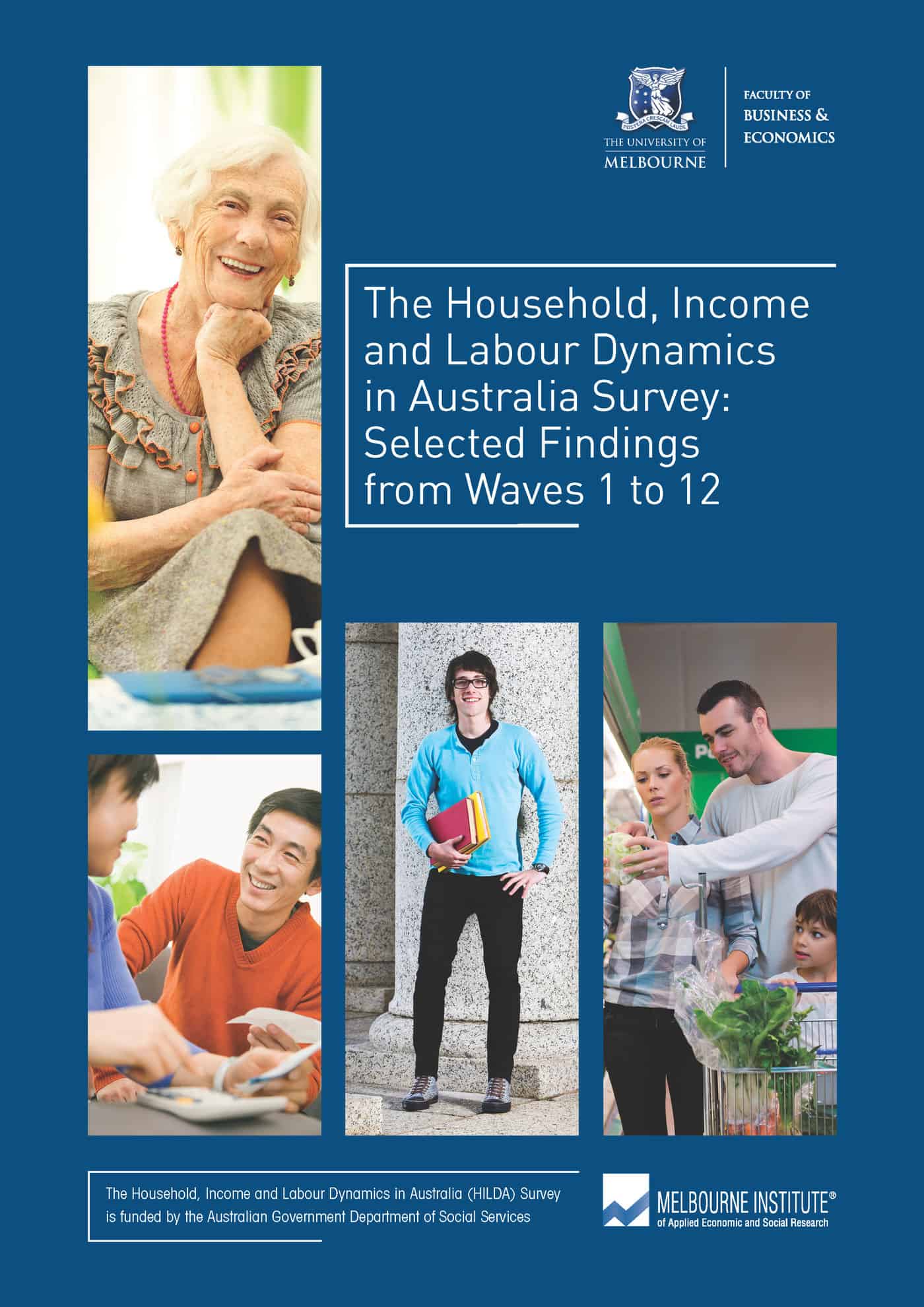 On October 12 2018 the Australian Financial Review (AFR) published an exclusive article about an investigation by WorkSafe Victoria into excessive working hours at an Australian law firm, King & Wood Mallesons (KWM). The article was later expanded on line.
On October 12 2018 the Australian Financial Review (AFR) published an exclusive article about an investigation by WorkSafe Victoria into excessive working hours at an Australian law firm, King & Wood Mallesons (KWM). The article was later expanded on line.
There are several curious elements of this report that could reflect other workplaces that may experience sudden high workload demands and fatigue. Some seem to see the significance of this article as being less about the workloads and fatigue but more about WorkSafe Victoria’s involvement in an industry sector where it does not usually play.
The Australian Government announced a Royal Commission into the Banking and Financial sectors in 2017. It was created urgently and given only 12 months to conclude its investigations. As a result banks and financial institutions

 Many have been claiming that the era of neoliberal economics and the associated politics is over or, at least, coughing up blood. However, occupational health and safety (OHS) is rarely discussed in terms of the neoliberal impacts, and vice versa, yet many of the business frustrations with red tape, regulatory enforcement strategies, reporting mechanisms and requirements and others have changed how OHS has been managed and interpreted.
Many have been claiming that the era of neoliberal economics and the associated politics is over or, at least, coughing up blood. However, occupational health and safety (OHS) is rarely discussed in terms of the neoliberal impacts, and vice versa, yet many of the business frustrations with red tape, regulatory enforcement strategies, reporting mechanisms and requirements and others have changed how OHS has been managed and interpreted.


